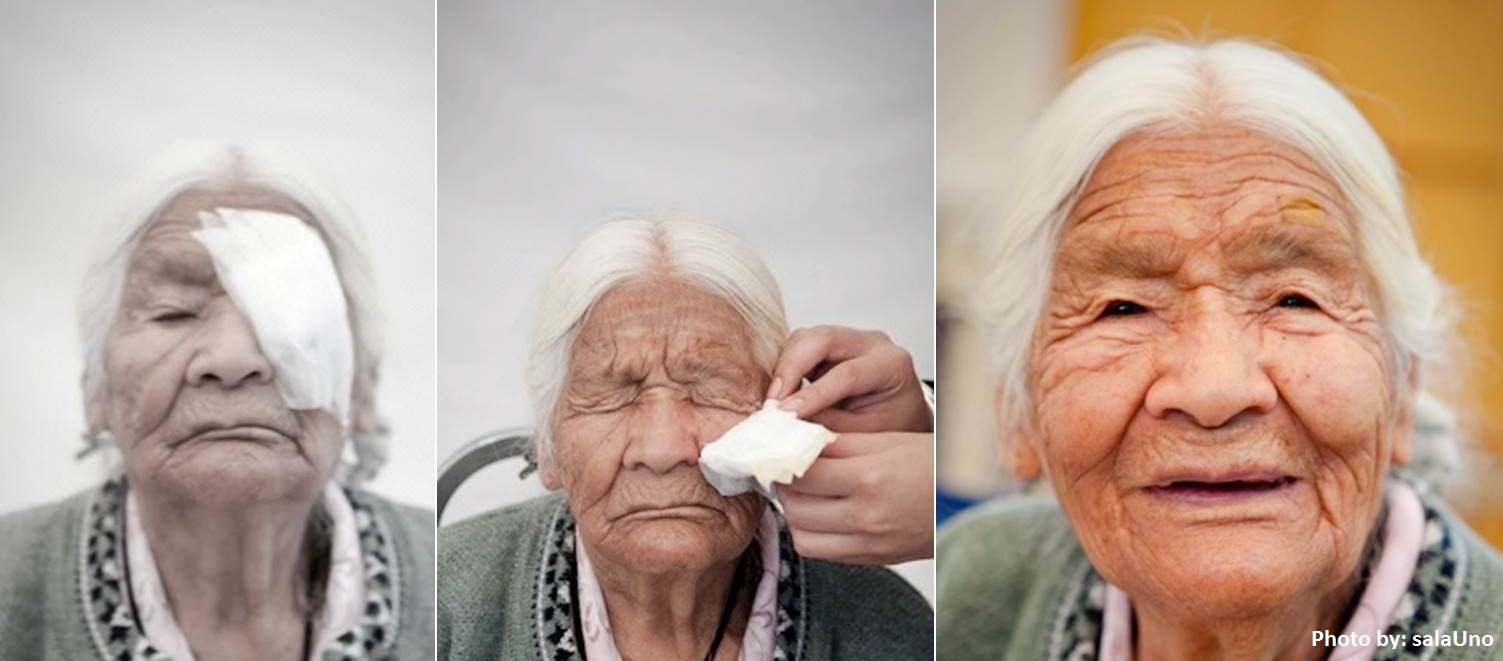Celebrating World Health Day with Business Ideas
The base of the pyramid as we knew it 10 years ago has changed tremendously. Latin America and the Caribbean’s economic growth between 2000 and 2013 benefitted nearly everyone in the region, from top to bottom. Millions of people emerged from poverty and the segment of those living on $4-$10 a day grew considerably.
As their earnings increase, people at the BoP tend to consider health a priority expense, opening the door to businesses interested in serving this market. In celebration of World Health Day, here are a few ideas for health companies and service providers in search of new opportunities:
1. BoP-oriented businesses should target women. According to the World Bank study Work & Family, nearly 70 million women across Latin America have entered the informal and formal workforce since 1980. Additionally, girls today are more likely to be enrolled in school than boys. As more women, including those at the base of the pyramid, are better educated and earning an income of their own, they’ll have more of a say over their health expenses and those of their children. This is a social development that health companies should take into account if they want to succeed at the BoP in the long term.
2. There is an opportunity for infant-oriented health services. Focus groups held by the Inter-American Development Bank’s Opportunities for the Majority department with BoP households in Peru and México in 2014 showed that BoP parents prioritize their children’s health and are willing to spend more money to go to a private doctor if necessary. Interestingly, this changes after the kids reach age 5. There is a huge opportunity for companies to provide health services to the infant population. Business can certainly leverage the willingness of low-income parents to allocate resources to their children’s health by providing better, affordable services as well as investing in prevention.

3. Pharmacies in BoP neighborhoods are crucial for market penetration. Pharmacies in low-income neighborhoods in Latin America and the Caribbean have become key distribution channels of generic drugs and basic health services. BoP-oriented pharmacies sell generics per unit as opposed to in bulk, which suits BoP families that plan their budgets on a weekly or daily basis. Purchasing generic medications is mostly an out-of-pocket expense for these families. Pharmacy clerks are trusted members of their local communities and customers follow their advice regarding cures for minor diseases and the purchase of basic medications. Focusing on the role pharmacies and pharmacy clerks play in these communities offers a roadmap for companies interested in better, effective market penetration at the BoP.
Related article: From Darth Vader to Social Innovator: SalaUno’s formula for success
These are only a few of the many business insights and ideas that can help businesses better understand the BOP market and the consumers in this segment. The IDB’s Opportunities for the Majority upcoming flagship report on BoP markets will provide more insights on the BoP’s preferences and ambitions. This wide-scoped report, covering health care and many other sectors, will be presented at the BASE III Forum on June 29-July 1, 2015, in Mexico City. Don’t miss it.
Lina M. Salazar Ortegón works at the Inter-American Development Bank’s (IDB) Opportunities for the Majority Initiative (OMJ) in outreach & partnerships, communications, grants and knowledge.
- Categories
- Health Care
